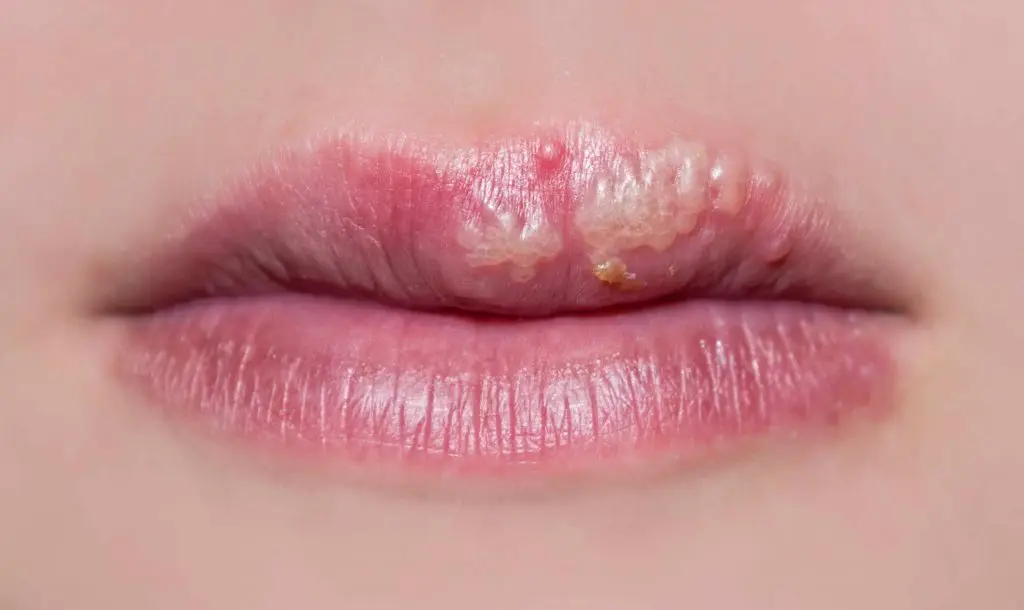Estimated reading time: 3 minutes
Herpes, also called herpes simplex virus (HSV), is a common viral infection that can cause painful blisters or sores. It mostly spreads when skin touches the skin. While it can be treated with drugs, it can’t be cured.
It’s important to know about it because it can affect anyone, but it’s not always well understood.
What is herpes?
There are two main types of herpes: herpes simplex virus type 1 (HSV-1) and herpes simplex virus type 2 (HSV-2). These viruses can cause sores on your body, often around the mouth or genitals.
How do you get herpes?
According to the World Health Organization (WHO), an estimated 3.7 billion people under age 50 globally have herpes simplex virus type 1 (HSV-1) infection, which mainly causes oral herpes. An estimated 491 million people aged 15–49 worldwide have herpes simplex virus type 2 (HSV-2) infection, the main cause of genital herpes.
Herpes spreads from one person to another through close contact. This could be from kissing, touching, or sexual activities. Sometimes, a person can get herpes from someone who doesn’t even have any sores.
ALSO READ
What are the symptoms?
Most people have no symptoms or only mild symptoms. When you have herpes, you might not always see signs right away. But when symptoms do appear, they can include:

- Cold Sores (HSV-1): These are often seen around the mouth. They can be painful and may itch or tingle before they appear.
- Genital Sores (HSV-2): These occur on or around the genitals. They can be painful and may cause itching or burning.
How is herpes treated?
There is no cure for herpes, but medicines can help manage the symptoms. These medicines can make sores go away faster and reduce how often you get them. It’s essential to talk to a doctor if you think you have herpes so they can recommend the best treatment for you.
There are three major drugs commonly used to treat genital herpes symptoms: acyclovir (Zovirax), famciclovir (Famvir), and valacyclovir (Valtrex). These are all taken in pill form
How can you protect yourself?
The best way to avoid getting herpes is by practicing safe habits:
- Use Protection: If you’re sexually active, using condoms can lower the risk of getting herpes and other sexually transmitted infections.
- Avoid Contact: Try not to share things like lip balms, utensils, or towels with someone who has cold sores. And if you have genital herpes, it’s important to let your partner know so they can take precautions.
Conclusion
Herpes is a common virus that many people have. While there’s no cure, treatments are available to help manage symptoms. By being informed and taking precautions, you can lower your risk of getting herpes and protect yourself and others.
If you think you might have herpes, don’t hesitate to reach out to a healthcare provider for guidance and support.







